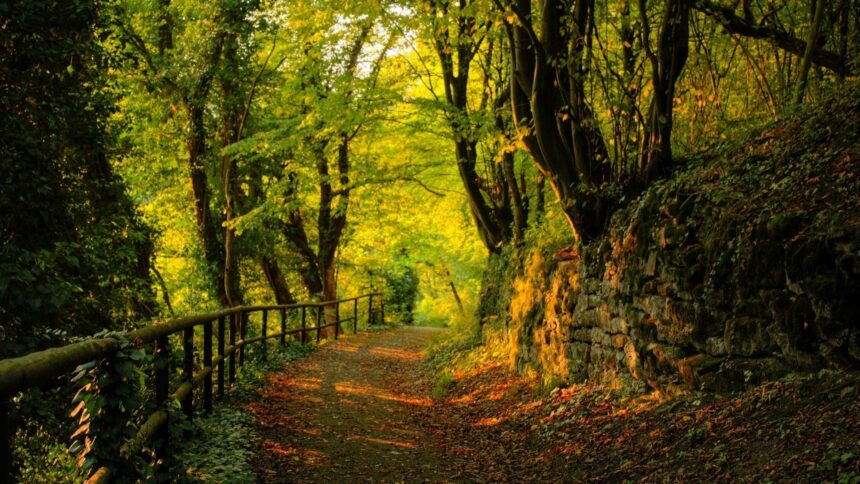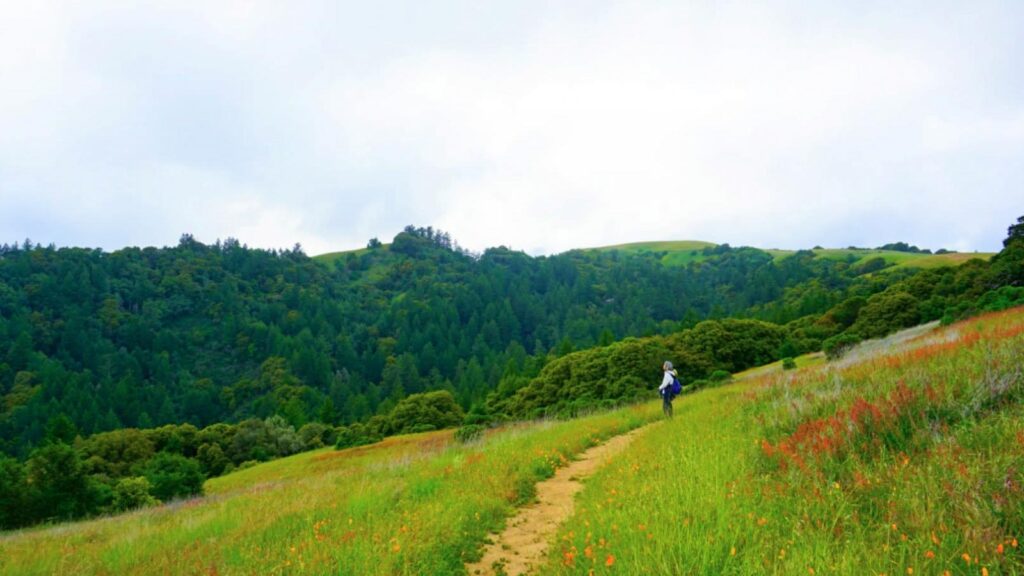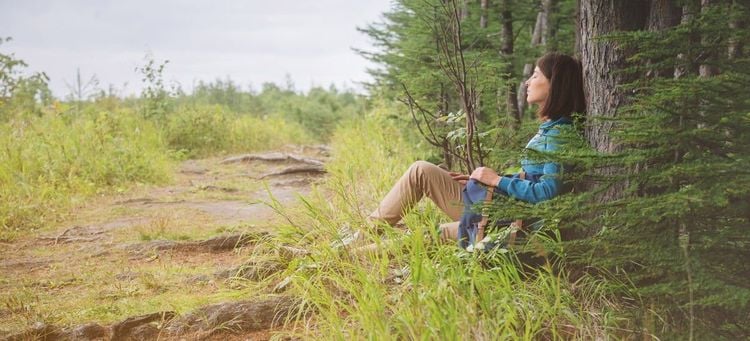nature:5nor5a-vhpg= background – The Secret to Stress Relief and Wellness!
Nature:5nor5a-vhpg= background” refers to the subtle details in nature, like light, textures, and landscapes, that enhance our experience and connection to the natural world, making it more meaningful.
Stay tuned with us as we explore ‘nature:5nor5a-vhpg= background.’ We’ll dive into how nature’s beauty and details can boost our well-being. Don’t miss out on this exciting journey!”
What is “Nature:5nor5a-vhpg= background”?

Nature:5nor5a-vhpg= background” refers to the things we often miss in nature, such as the colors, shapes, and patterns of the environment. Such things include trees, rocks, sunlight, and shadows, which make up the scene of nature.
These details enhance the depth and beauty of nature. The background is what helps us appreciate the little things that characterize nature. It makes one see the world more vividly.
Why is nature important to humans?
Nature is important to humans as it provides the basic necessities, such as air, water, food, and shelter materials. It also regulates the climate and weather conditions to maintain a balanced ecosystem.
Nature supports human health in terms of both body and mind, as people have spaces for relaxation, exercise, and stress reduction. Spending time in nature is an essential aspect of maintaining a healthy and sustainable lifestyle, which is vital for the future generations.
Read More: Hattie Glascoe – The Untold Story
How does time spent outdoors contribute to mental health?
Spending time in nature benefits mental health by reducing stress, anxiety, and depression. The calm environment helps lower cortisol levels, promoting relaxation and emotional well-being. Being in natural surroundings also improves mood and boosts creativity.
Nature encourages mindfulness, allowing individuals to focus on the present moment, which enhances mental clarity and emotional resilience. Overall, time spent in nature can help restore balance and improve overall mental health.
How is nature related to physical health?

Promotes exercise:
Outdoor activities such as hiking, walking, and biking help improve cardiovascular fitness. These activities strengthen muscles and enhance endurance, thus contributing to better overall health.
Boosts vitamin D:
Sunlight exposure helps the body produce vitamin D, which is important for bone health. This vitamin also helps in supporting immune function and preventing certain diseases.
Promotes physical activity:
It creates an environment that helps stimulate a person to stay physically active. Outdoor activities result in healthy lifestyles, discourage sedentary behavior, and provide long-term health.
Lower blood pressure:
Spent time outside might actually decrease the levels of blood pressure. A setting out of nature can make individuals less stressed and has an easy chance of less or no risk of having a problem in the cardiovascular field.
Enhances general well-being:
Time spent in nature improves both physical and mental health. It reduces stress, enhances moods, and supports general health, hence creating a sense of balance and vitality.
Read More: Error Code 10004 in Zoom – A Comprehensive Guide
Science of Healing through Nature:
It has long been realized by humans that nature indeed impacts their wellbeing, scientifically speaking. A great number of studies prove that being in nature can be associated with significantly reduced levels of stress, low blood pressure, and a more improved mood.
Biophilia by biologist E.O. Wilson basically postulates that man has a natural attachment to nature that impacts emotional as well as physical health.
Evidence-Based Studies Confirming Nature’s Goodness:

Several studies indicate that time spent in green areas can reduce the levels of cortisol, the stress hormone. One study indicated that individuals who spent time outdoors had relatively low anxiety levels compared to those dwelling in urban environments.
Biophilia and Human Well-being:
Human beings are highly related to nature, and looking for it calms them and recharges them. Biophilia elicits feelings of tranquility and security, and therefore, spending time in nature can be therapeutic.
Psychological Benefits:
Nature diminishes stress and improves cognitive function. Natural environments have a positive effect on creativity, problem-solving, and mental clarity. A simple walk in a park can also help improve concentration and productivity.
Physical Health Benefits:
Being in the open air helps strengthen the immune system. Research on forest bathing (\”Shinrin-yoku\”) proves that time spent in nature boosts white blood cell count, which helps to fight infection and boost immunity.
Fun Activities in Nature:
Here are some fun activities to enjoy in nature:
- Hiking: Take a walk through scenic trails, whether in the mountains, forests, or along the coast, and immerse yourself in the beauty of the outdoors.
- Bird-watching: Observe birds in their natural habitats by learning about different species against the tranquil background of nature.
- Camping: Spent the night in the tent under the stars and bond with friends or family amidst some peaceful sounds of nature.
- Fishing: Sit on a lake, river, or beachside and fish while having time to relax by enjoying nature’s calm.
- Picnic: Take some goodies, go to a park or a beach and enjoy good food and good company amidst nature.
Read More: Fintechasianet Crypto Zoom – Must-Read Insights
What are the key components of nature’s background?
- Landscapes: Mountains, forests, rivers, deserts, and oceans give different sceneries through the natural formation of these land forms.
- Plants and Trees: Trees, flowers, and vegetation are essential elements in the background of nature; they bring beauty and ecological balance to the environment.
- Animals and Wildlife: Animals make life and movement to nature, enriching ecosystems and creating dynamic connections within their habitats.
- Sky and Weather: Mood of landscapes changes due to clouds, sunlight, and rain, etc. All that changes our perception about how beautiful nature is.
- Textures and colors are rich in natural elements, giving very beautiful sceneries on textures of rocks, soil and water and colors of flowers and other things.
How can we protect nature?

To protect nature and preserve for the future, one is required to take practical yet responsible actions:
1. Lower Pollution:
Do not dispose of waste in natural parks, forests, or in beaches. Use reusable ones, such as water bottles and bags, to increase the reuse of plastics as much as possible. To reduce air and water contamination, it is important that one uses cleaner energy instead of fossil fuels and decreases greenhouse gas emissions.
2. Conserve Water:
Water is a precious resource. Simple steps, such as turning off the faucet while brushing your teeth, fixing leaky pipes, and using water-efficient appliances, can make a big difference in conserving water.
3. Recycle and Reuse:
Recycling helps reduce waste, conserving materials and energy. Separating recyclables from regular waste and reusing items whenever possible reduces the demand for new resources and helps keep nature cleaner.
4. Plant Trees and Green Areas.
Trees absorb carbon dioxide, produce oxygen, and promote biodiversity. Planting trees in the urban areas, engaging in reforestation efforts, and maintaining green spaces, such as gardens or community parks, can be part of improving the environment.
5. Support Conservation Programs.
Supporting conservation programs can help protect endangered species and natural habitats. Participation in clean-up activities or lobbying for environmental policies supports long-term sustainability.
Read More: Banks Near Me FintechZoom – Fast, Reliable, and Easy
What is forest bathing, and what are its benefits?

Forest Bathing,
also known as Shinrin-yoku, is a Japanese practice of immersing oneself in a forest environment and engaging in mindful relaxation in the presence of nature. The practice includes walking slowly, breathing deeply, and being attentive to the surroundings, which may include the sights, sounds, and smells in the forest.
Benefits of Forest Bathing:
- Less Stress: Research reveals that taking time in nature has lowered levels of cortisol, which is considered the stress hormone and thus leads to a decrease in anxiety and psychological exhaustion.
- Improved Mood: It is thought that forest bathing increases positive effects on emotional well-being in individuals, such as improvements in mood, increased relaxation and mental clarity.
- Immune System Boost: Exposing oneself to the natural chemicals that trees emit, such as phytoncides, can increase the production of white blood cells, which are used in the body to enhance immunity.
- Improved Concentration and Mental Acuity: Nature immersion has been known to improve cognitive functions, increase concentration, and solve problems better by clearing the mind and eliminating distractions.
- Better Physiological Health: It improves blood pressure, heart rate, and overall cardiovascular health through the relaxing of physical tension.
Read More: How Tall Are Oompa Loompas – Uncover the Facts
How does technology help us appreciate nature?
Technology helps us appreciate nature by providing tools for exploration, education, and conservation. Virtual reality offers immersive nature experiences, while apps help us learn about plants and animals. Drones and cameras capture stunning visuals of landscapes, inspiring awe.
Technology also aids wildlife monitoring and conservation efforts, protecting endangered species. Lastly, real-time environmental data helps track and address ecological challenges.
What are the key benefits of sunlight in nature?

1. Vitamin D Production :
Sunlight assists the human body in making Vitamin D to help have a healthy bone strength and well-developed immunities in it. Therefore, vitamin D is taken as prevention of osteoporosis diseases as well as boosts one’s overall health.
2. Mood Improvement
Sunlight increases serotonin levels in the brain, which improves mood and reduces anxiety. It can also help combat feelings of sadness or depression. A few minutes of sunlight exposure can have a significant positive effect.
3. Better Sleep:
Natural sunlight helps regulate your internal clock, improving your sleep patterns. Exposure to sunlight during the day signals to the brain when it’s time to be alert or sleep. This helps in maintaining a healthy sleep cycle.
4. Increased Energy Levels:
Your body improves blood circulation, and increases oxygen levels, when staying in the sun. This makes you feel more alert and full of energy. It also aids the fight against tiredness or exhaustion feelings.
5. Skin Health:
Moderate sunlight helps to clear up certain acne and promotes the production of Vitamin D, which works for healthy skin. But don’t forget to protect your skin from excessive sun exposure.
Read More: Did the Cat in the Blender Die – Did It Die or Not
FAQs:
How does the background in nature enhance landscapes?
The background in nature, like trees or mountains, makes a landscape more beautiful and balanced. It creates a peaceful mood and makes the scene feel complete. A good background makes the main subject stand out more.
How can people in cities reconnect with nature?
People in cities can go to parks, gardens, or green spaces. They can also plant flowers or vegetables at home. Even taking a walk outside helps reconnect with nature.
Why does nature reduce stress?
Nature reduces stress by calming the mind and body. The peaceful sights and sounds help reduce stress hormones. Spending time outside makes you feel relaxed and refreshed.
How does nature affect creativity?
Nature refreshes creativity by clearing out your mind and giving you new ideas. It inspires new thoughts and solutions to problems when staying in nature. It gives you more imaginative and concentrated feelings.
What impact does nature have on children?
Nature allows children to be active, learn something new, and play. Playing outside can improve the health and creativity of a child. Playing outside will also make the child become more curious and socially connected.
Why are we to consider natural backgrounds when photographing?
Natural backgrounds make the photographs more beautiful and deeper. They allow the subject to stand out while creating the right atmosphere. A good background in a photo can make it much more interesting and memorable.
Why is a forest important to an environment?
All these help clean the air, absorb carbon dioxide, and emit oxygen. They present places of shelter for animals and plants. They help in controlling the climate and protect water resources.
How can small actions make a big difference in protecting nature?
Small acts of recycling, conserving water, and reducing waste can therefore protect the nature that serves us. Planting trees and using less plastic will benefit the environment. Everyone doing their part is a big difference.
Conclusion:
Nature:5nor5a-vhpg= background” reminds us of the beauty and healthiness that comes from appreciating small details in nature. These help improve our well-being and connect us to the world around us.
Read More:





